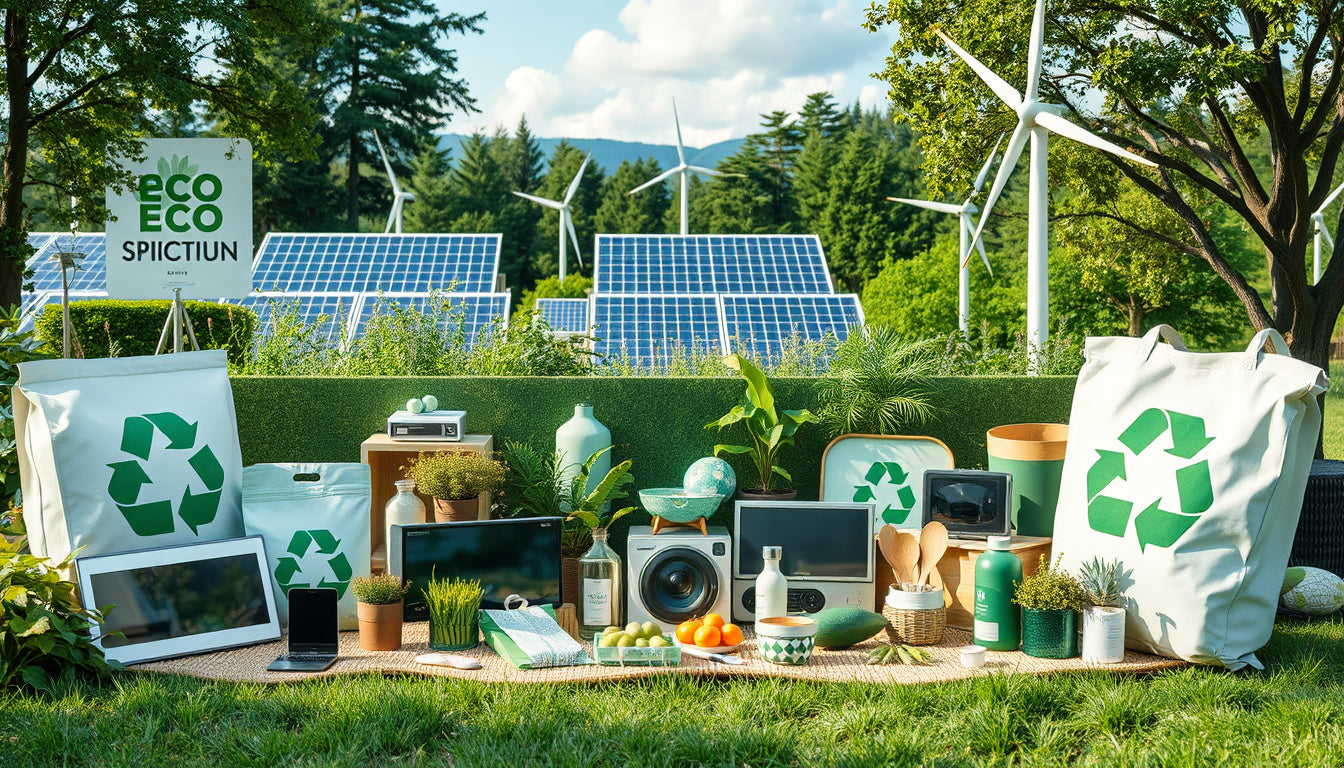New EU Ecodesign Rules for Unsold Consumer Products: Advancing Sustainability in ESG
The European Union sets new rules. The EU targets unsold consumer goods. The rules come under the EU Ecodesign Regulation for Sustainable Products. They fight waste and harm. They push clear facts and green efforts. They back up the 'E' in ESG.
Overview of ESPR and its Objectives
• Effective Since: 18 July 2024. Key parts follow after new acts start.
• Primary Aim: Stop the mass loss of unsold items. The rules cut waste and protect the earth.
• Scope: Rule covers all goods on the market. Even brands not based in the EU must obey if they sell there.
• Benefit: Rules match across all EU countries. This stops unfair gaps between nations.
Key Components of the Upcoming Rules
1. Destruction Ban for Unsold Products
Large firms face a ban as of 19 July 2026. They cannot destroy unsold goods. Clear limits appear in a future delegated rule. This rule finalizes by Q3 2025. ### 2. Mandatory Transparency and Disclosure (Article 24 ESPR)
Large firms start reporting in 2026. They use 2025 data. Medium firms join this task on 19 July 2030. Each year, firms share clear data on unsold goods. They explain:
• Quantity: How many and how heavy the items are.
• Reasons: Why they chose to discard goods, including legal notes.
• Waste Treatment: How they reuse, recycle, or dispose of items.
• Prevention Efforts: Plans that keep waste low in the future.
3. Disclosure Format and Verification
Firms must let the facts be seen. They post data on a webpage or in a report. The report meets the EU Accounting Directive style (Articles 19a or 29a). The clear format makes data compare well. It splits data into firm basics, item details, and prevention plans. Auditors or approved checkers confirm the facts.
Implications for Businesses
Large firms must act fast for 2026. Medium firms follow in 2030. Even non-EU companies must play by these rules when they sell in the EU. Penalties come from each EU country. For example, Germany gives fines of up to €50,000 per case. Companies need active plans. They must track product life, cut waste, and be clear about results.
Conclusion
The EU’s new rules push smart ways of managing unsold goods. They force more clear data and stop unnecessary waste. The law saves money and cuts harm to the earth. Any firm in the EU must gear up now to meet the new rules by the mid-2020s.
For businesses and stakeholders, knowing these rules is key. They help a firm meet Europe’s green goals and show strong responsibility under ESG.
Design Delight Studio curates high-impact, authoritative insights into sustainable and organic product trends, helping conscious consumers and innovative brands stay ahead in a fast-evolving green economy.






















0 条评论